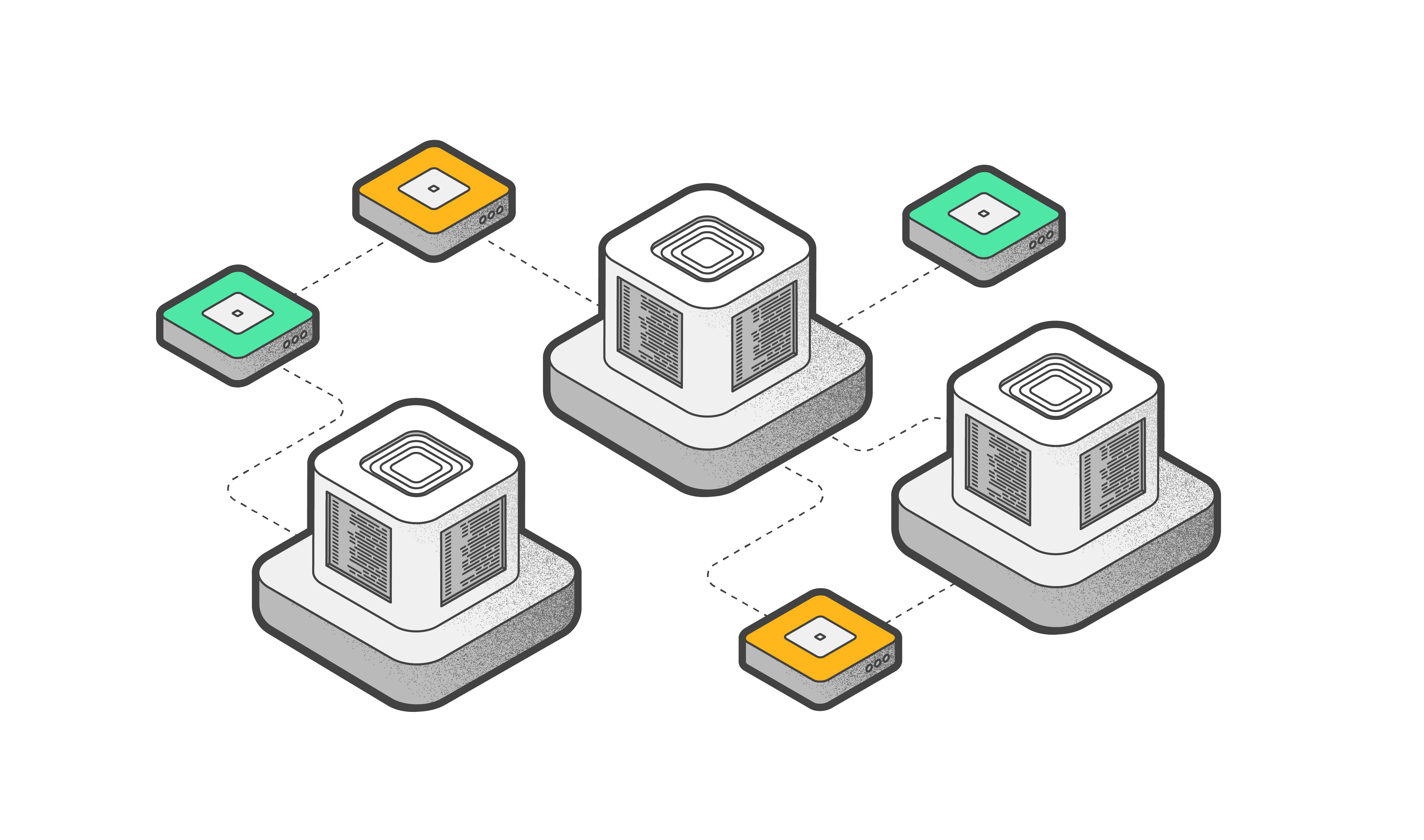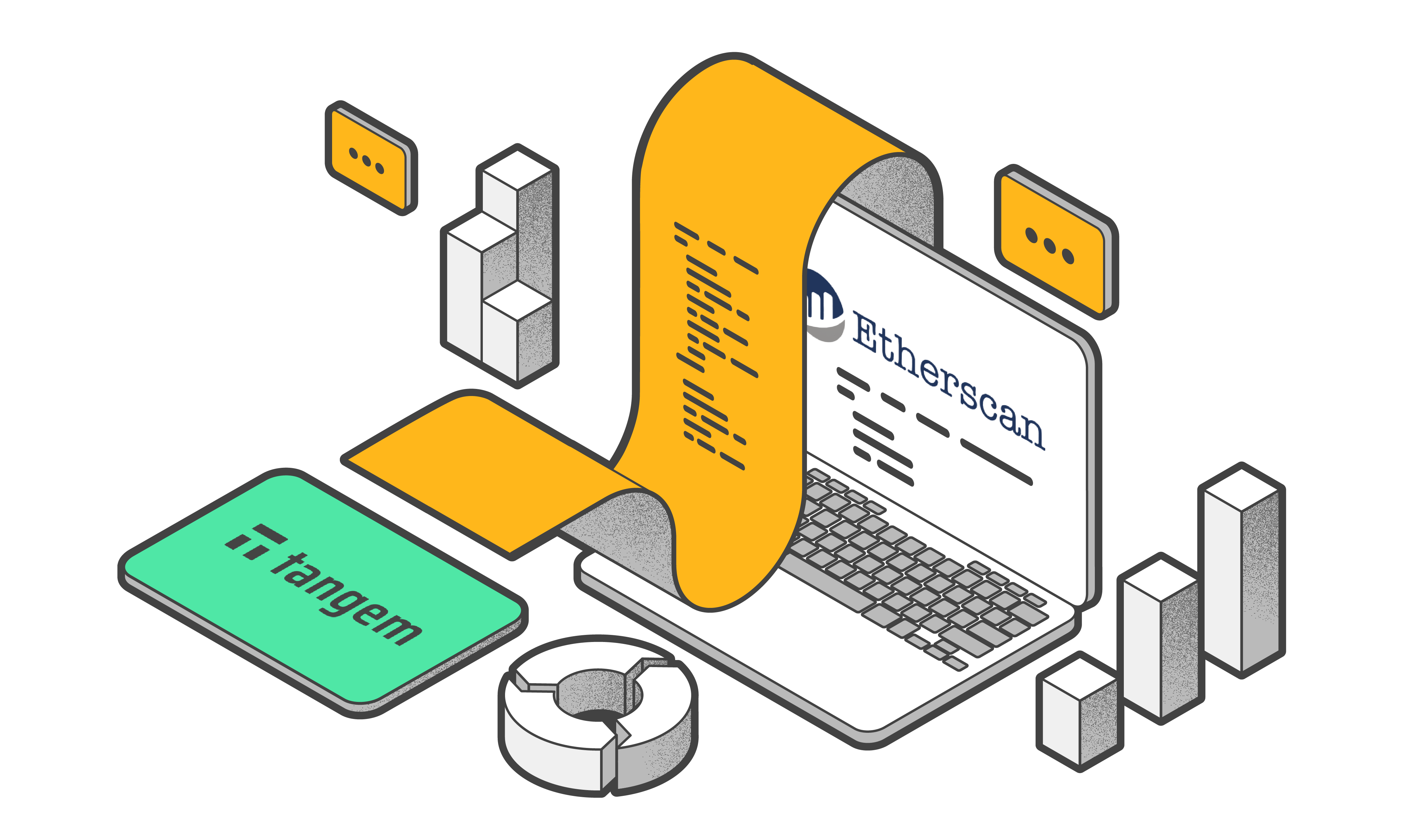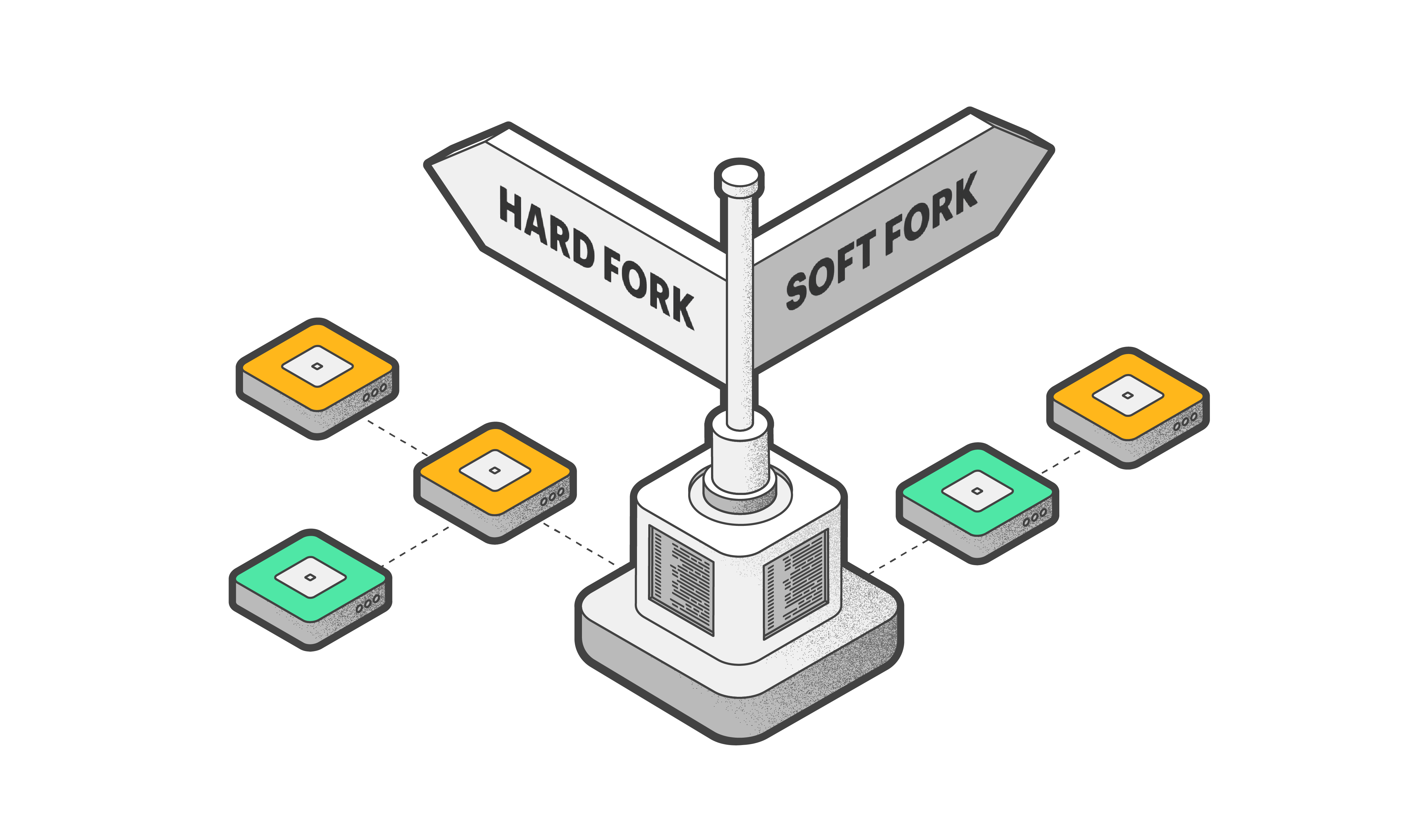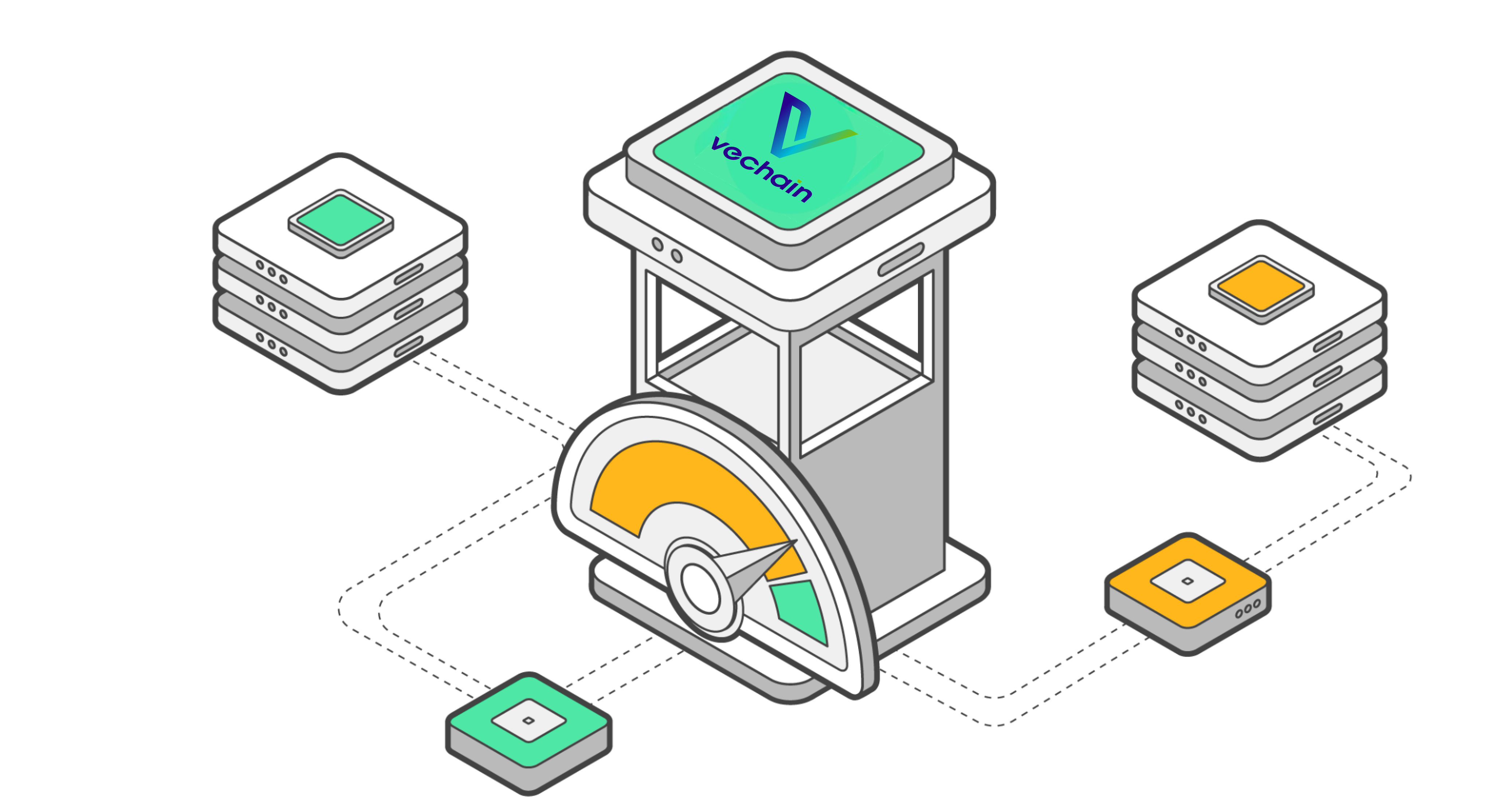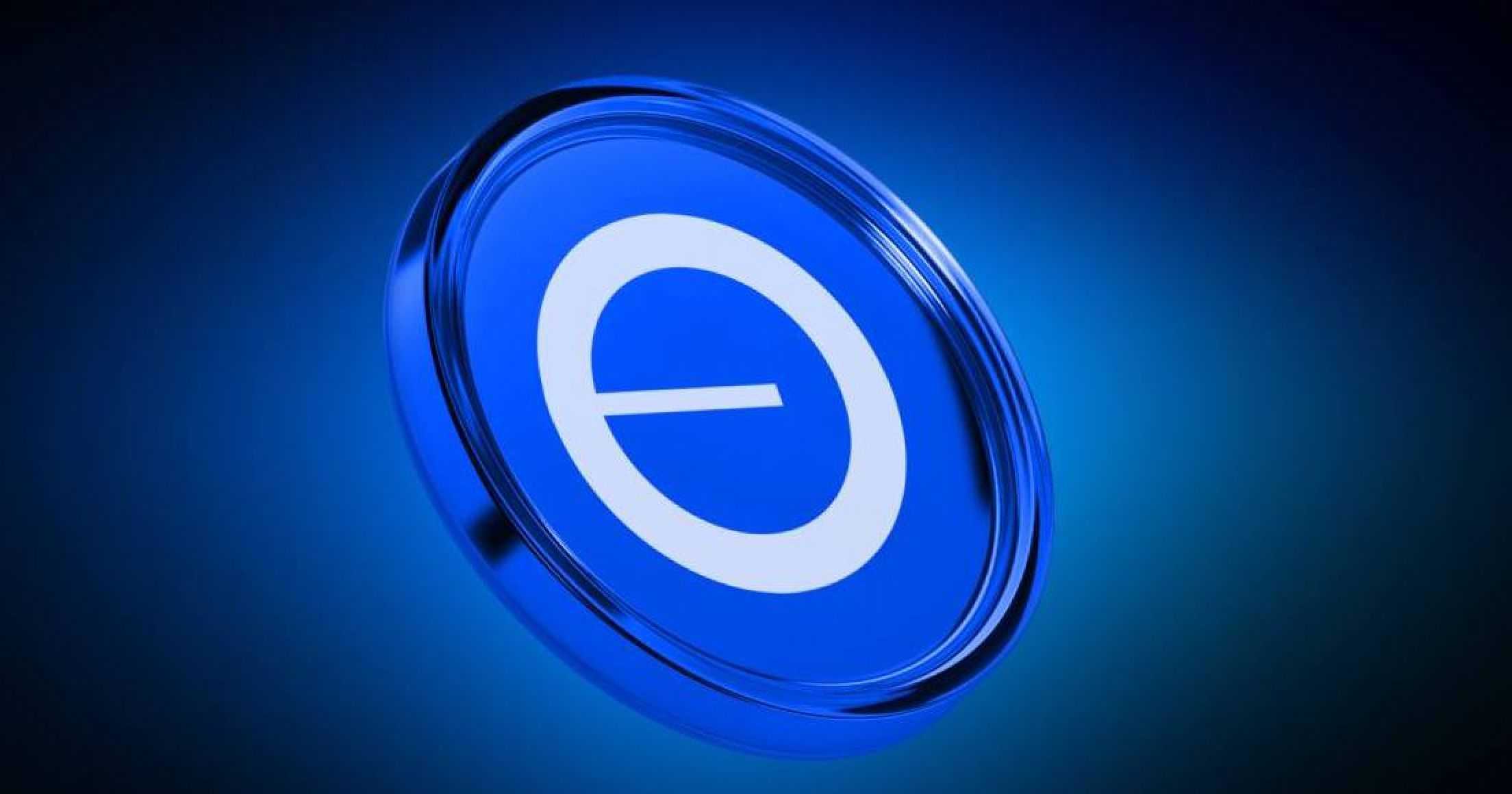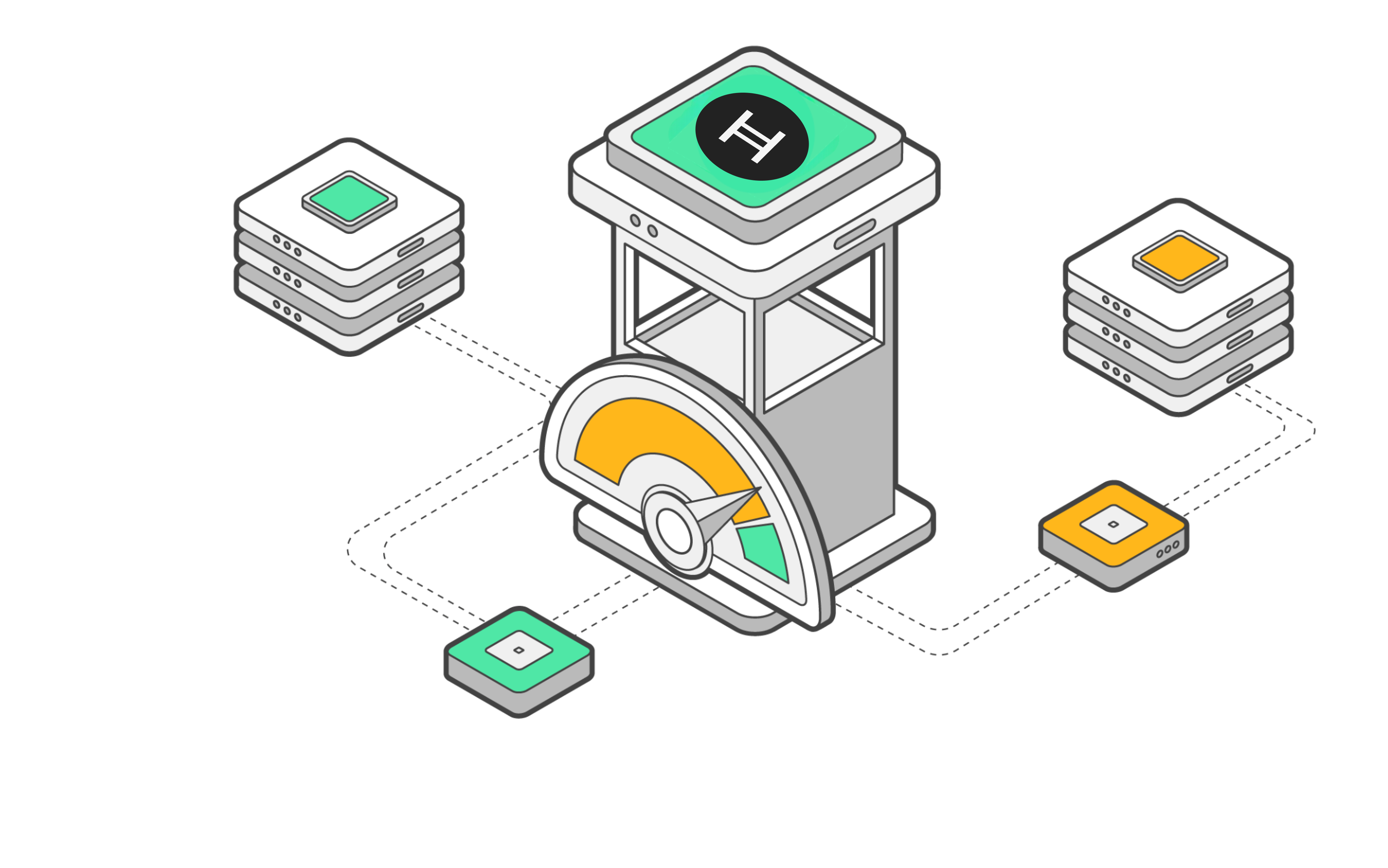
10 Beginner Tips for Using a Hardware Wallet Securely

Buying a secure hardware wallet is just the first step. It's important to use it safely.
In this beginner-friendly article, we will provide ten essential tips to help you maximize your hardware wallet and protect your cryptocurrencies. We'll cover everything from creating strong PINs to securely storing your seed phrase. Let's get started to help you manage your crypto with confidence and safety.
What is a hardware wallet?
A crypto hardware wallet is a physical device designed to generate and store cryptocurrency private keys offline. Hardware wallets safeguard private keys against digital threats such as malware or hackers by ensuring that keys never leave the device when used to sign transactions internally.
How does a hardware wallet work?
Since hardware wallets are always offline, they are often linked to another machine connected to the Internet.
Most hardware wallets are designed to plug into PCs or connect to smartphones — even devices infected with malware — without leaking the private key.
They then interact with software, allowing users to view their balance and perform transactions
Ten security tips for using hardware wallets
Given the benefits and risks of hardware wallets, it's essential to remember the following ten tips when using them to maximize security.
1. Purchase a hardware wallet from a reputable vendor
Always buy your hardware wallet from the manufacturer or a reputable retailer to avoid tampered devices. Reputable vendors have a track record of providing high-quality, secure devices. Additionally, they often have a strong customer support system ready to assist you if you have any questions or concerns.
2. Install recent updates
Keep your wallet's firmware and software up to date at all times. Manufacturers frequently release updates to improve security and functionality.
3. Never reveal your seed phrase
Your recovery phrase has the same potency as your private key. If someone else obtains it, they will have access to your cryptocurrencies. Never share it, and be wary of anyone who asks for it. Keep your recovery phrase somewhere safe, secure, and offline. Don't store it digitally or online, where it could be hacked.
4. Use a strong PIN
Setting a solid PIN for your hardware wallet is crucial in ensuring the security of your digital assets. Here are some tips to help you create a robust PIN:
- Avoid common numbers: Steer clear of easily guessable PINs like "1234," "0000," or birthdays. These are the first combinations attackers might try.
- Use a random sequence: Create a PIN that doesn't follow a predictable pattern. Avoid using consecutive or repetitive numbers.
- Include letters and special characters: If your hardware wallet allows this option, consider combining numbers, letters (upper and lower case), and special characters. This greatly increases the complexity of your PIN.
- Change your PIN periodically: Regularly changing your PIN is a proactive security measure. It prevents potential attackers from gaining familiarity with your code.
5. Stay mindful of your environment
Be cautious when entering your PIN, especially in public spaces. Ensure no one is watching or attempting to record your input.
6. Double-check addresses
Always reconfirm the recipient's address when sending cryptocurrency. Malware can alter addresses copied to your clipboard.
7. Keep your wallet safe
Take care of your hardware wallet as you would valuable jewelry or large sums of money. When not in use, keep it in a safe place.
8. Avoid public Wi-Fi networks and use a reliable computer
Connect your hardware wallet only to computers you trust with adequate security measures.
9. Regularly audit and monitor wallet activity
By regularly reviewing your hardware wallet's transaction history and verifying the legitimacy of all activity, you proactively safeguard your digital assets. This practice helps you detect and address potential security breaches early, ensuring your funds remain secure.
10. Enable extra security features
A hardware wallet's additional security features exceed the standard PIN and seed phrase. Some modern hardware wallets include biometric sensors like fingerprint or Face ID. This allows users to authenticate themselves using their unique biometric data, adding a security layer.
Specific hardware wallets can authenticate the device before allowing access to the wallet. This can involve Bluetooth pairing, NFC communication, or physical confirmation on the device's screen.
Difference between a seed phrase and a private key
Private keys and recovery phrases are used to control who has access to a wallet and its assets. However, they represent two distinct formats and use cases.
Private key
A private key is a secret alphanumeric code, usually in hexadecimal format, that enables the spending of Bitcoin or other cryptocurrencies. It's an essential component of the cryptography systems that power cryptocurrencies. It is used to sign transactions, providing mathematical proof that the wallet's owner confirmed them.
Does the private key ever leave the hardware wallet?
The private keys never leave the device, which is one of the fundamental security principles of a hardware wallet.
Users generate a transaction on their computer or smartphone, and the transaction data is sent to the hardware wallet, which internally signs the transaction with the private key. The transaction is then signed and returned to the computer or smartphone. The private key is never exposed or transferred out of the device during this process.
Seed phrase
A seed phrase, or backup phrase, is a string of words that contains all of the information required to restore access to a cryptocurrency wallet. Think of it as a human-readable representation of the private key. It is used as a backup to restore access to your cryptocurrencies if you lose your physical wallet.
In summary, the private key is a raw, non-human-friendly format used internally within the wallet and for transaction signing. In contrast, the recovery phrase is a human-friendly format used for backup and recovery.
The pros of hardware wallets
Hardware wallets offer several advantages, particularly regarding cryptocurrency security and storage. Here are some of the main benefits:
- Security
Hardware wallets are built with advanced security features. They keep your private keys offline, protecting them from online attacks like phishing, malware, and hackers. The private keys never leave the device, and all transactions are signed within the device, further preventing the exposure of your private keys.
- Backup and recovery
Hardware wallets generate a recovery phrase (a seed phrase) during setup. If your original device is lost, stolen, or damaged, you can use this to recover your funds on a new device.
- Portability and durability
They are intended to be more robust and durable than a piece of paper on which to jot down private keys or recovery phrases. Most hardware wallets are small devices, about the size of a USB stick, and thus easily portable.
- Full asset control
You have complete control over your cryptocurrencies with a hardware wallet, as the crypto community puts it, "not your keys, not your coins." You won't have to worry about custodian risks because you'll hold your private keys with a hardware wallet.
The risks of hardware wallets
While hardware wallets are among the most secure cryptocurrency storage methods, they are not without risks. The following are some of the risks associated with using a hardware wallet:
- Physical loss or theft
A hardware wallet can be stolen or lost because it is a physical object. Someone who knows or can guess your PIN could gain access to your cryptocurrencies.
- An attack on the supply chain
If you purchase a wallet from an untrustworthy source, it may have been tampered with before reaching you. Always buy from the manufacturer or a reputable retailer.
- Failure to properly backup
You may lose access to your cryptocurrencies if you lose your hardware wallet and have not correctly backed up your device.
- Damage
Water, fire, or wear and tear can all cause damage to the device. However, if you have a backup of your recovery phrase, you can regain access using a new device.
- Address confirmation
Malware on your computer could trick you into sending cryptocurrencies to the wrong address if you don't carefully verify the address on the device's screen during a transaction.
These risks can be mitigated through careful practices such as proper backups, careful address verification, purchasing from reputable sources, and maintaining good physical device security.
Final thoughts
Hardware wallets offer a highly secure environment for storing digital assets offline and performing secure transactions even when connected to a compromised computer.
However, as with all security solutions, they are not entirely foolproof and must be handled carefully and responsibly by the user.
Purchasing from reputable sources, creating strong PINs, updating wallet software regularly, and carefully verifying transaction information are all important steps in ensuring the security of your assets.
Hardware wallets are an important part of cryptocurrency security. Still, the ultimate responsibility rests with the user, who must know all potential risks and losses.

